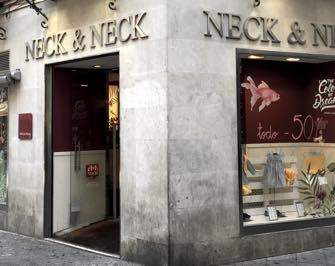
After three days in Seville, I was starting to feel disappointed. Not because of the city itself, which is wonderful, or the weather, which was perfect, or the place where I was staying, which was ideal, or the food, which was fantastic. But there was something missing: where were all the terrible English shops signs?
On my previous visit I had no trouble finding plenty of ill-advised English trade names, as reported in part 12 of this recurring series. But this time I kept coming across signs like this:

Can you believe it? A straightforward business name in the local language. No desperate, pathetic attempts at trying to be trendy or witty in English, the language that, despite its difficulties, has become the international go-to tongue for entrepreneurs hoping to appeal to the widest (trendiest, wittiest, etc.) possible consumer base. What’s the world coming to?
But I persevered. And finally found what I was (desperately, pathetically, etc.) looking for.
The English signage in Seville ranges from the blandly vague:
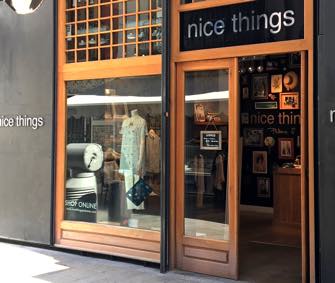
To the vaguely menacing:
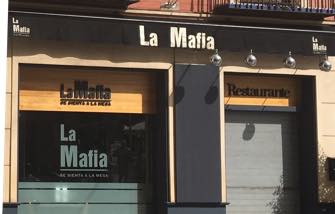
To the specifically threatening:
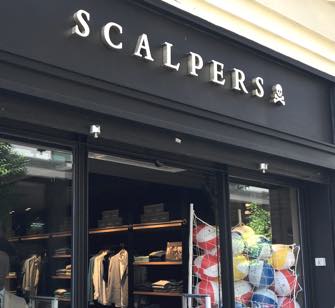
Note the little skull and crossbones serving as punctuation. The Spanish seem to be sticklers for precise punctuation. They are, after all, the people who gave the world the upside-down “advance notice” question mark.
¿But their spelling? Not always so good:

So don’t ask for hemophilia medication on that street. They won’t give you the time of day. Or of:
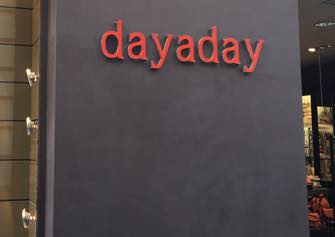
But they will give you:
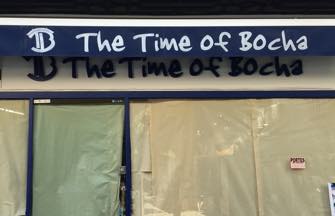
To my shame and regret, I don’t speak much Spanish, beyond the basic, primitive vocabulary needed to state my destination in a cab, buy food in a market or order a drink in a bar. And even then I’m likely to get things mixed up and ask for a:
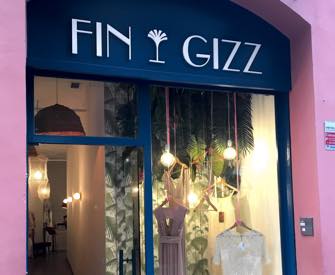
So I had no idea what bocha meant or why anyone would set aside time for it. The first Spanish-English dictionary that I could find in a cursory Google search translates bocha as “ball.” Maybe it’s something they use in:
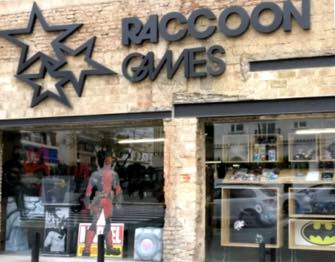
Kind of like “Hunger Games” except that the contestants wash their food.
Maybe you can buy a bocha here:
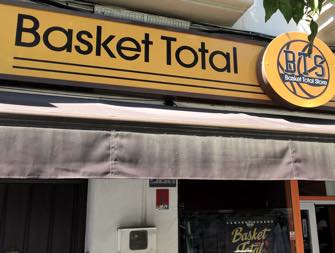
Or maybe it actually means boca, as in Boca Raton, and they borrowed the “h” from that “organic cloting” store. There seemed to be a lot of displaced letters in Seville:
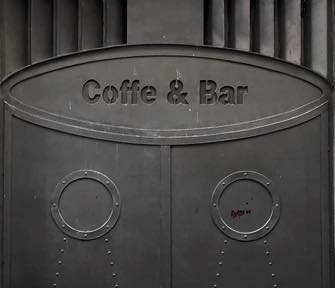
As well as a lot of illogical word pairs, also a common sub-genre of bad English signage in Paris. For example:
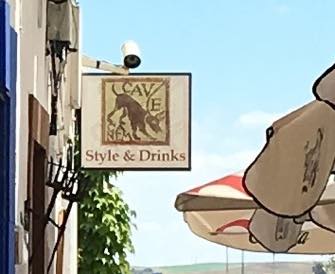
Full disclosure: this sign is actually from Cordoba. And, of course, the image of the famous “Beware of the Dog” mosaic is from Pompei. And just down the street I spotted:
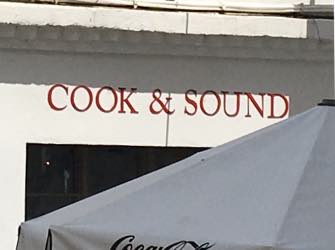
If the words were reversed, I’d take this sign as a continuation of the Pompei theme: they heard a sound and then were cooked.
In any case, as it turned out, my pilgrimage to Seville was not in vain. Before it was time for me to…
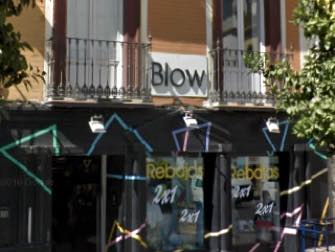
town, I had enough off-putting English signs for an article.
I should have had faith. As they say in Andalusia, all:
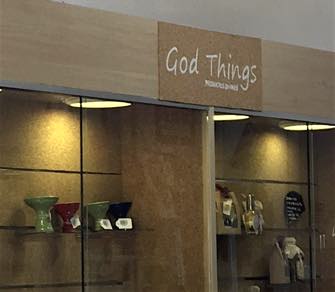
come to those who wit.
Have you seen a ridiculous English sign (preferably in Paris, but anywhere will do)? Please take a photo and send it to me in care of contact@paris-update.com.
The next new C’est Ironique will appear on June 21.
FavoriteAn album of David Jaggard’s comic compositions is now available for streaming on Spotify and Apple Music, for purchase (whole or track by track) on iTunes and Amazon, and on every other music downloading service in the known universe, under the title “Totally Unrelated.”
Note to readers: David Jaggard’s e-book Quorum of One: Satire 1998-2011 is available from Amazon as well as iTunes, iBookstore, Nook, Reader Store, Kobo, Copia and many other distributors.
